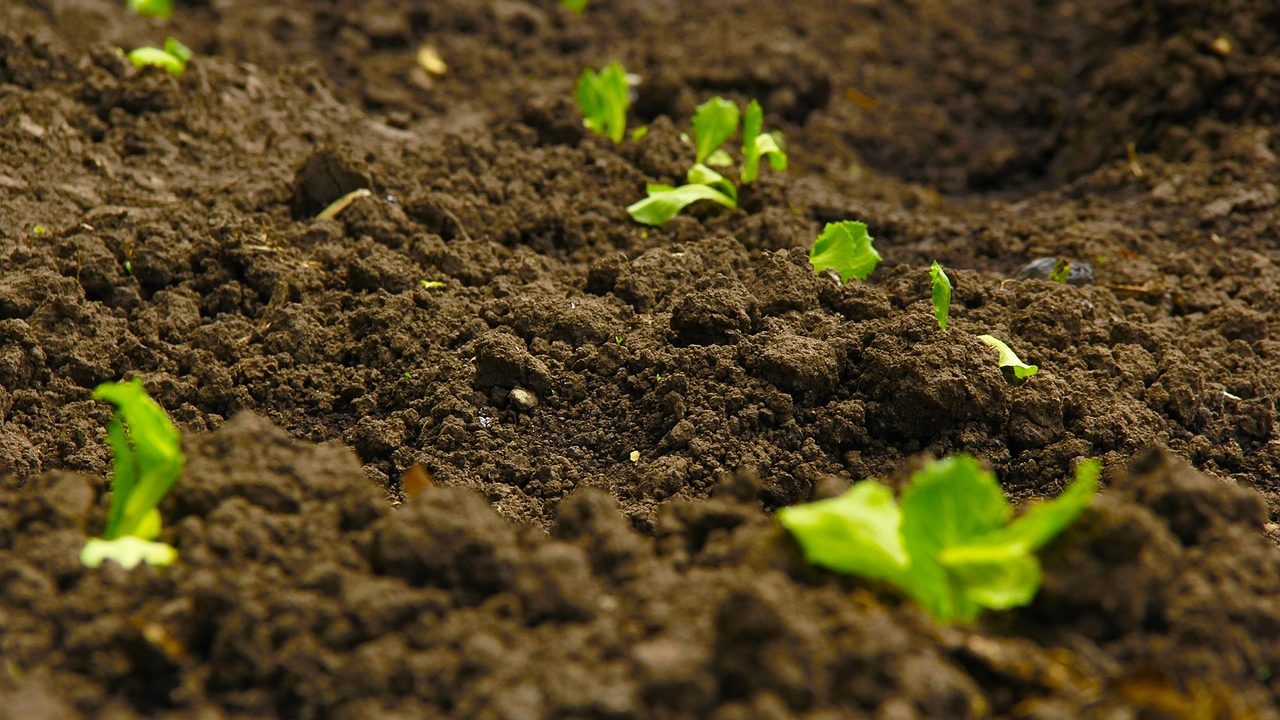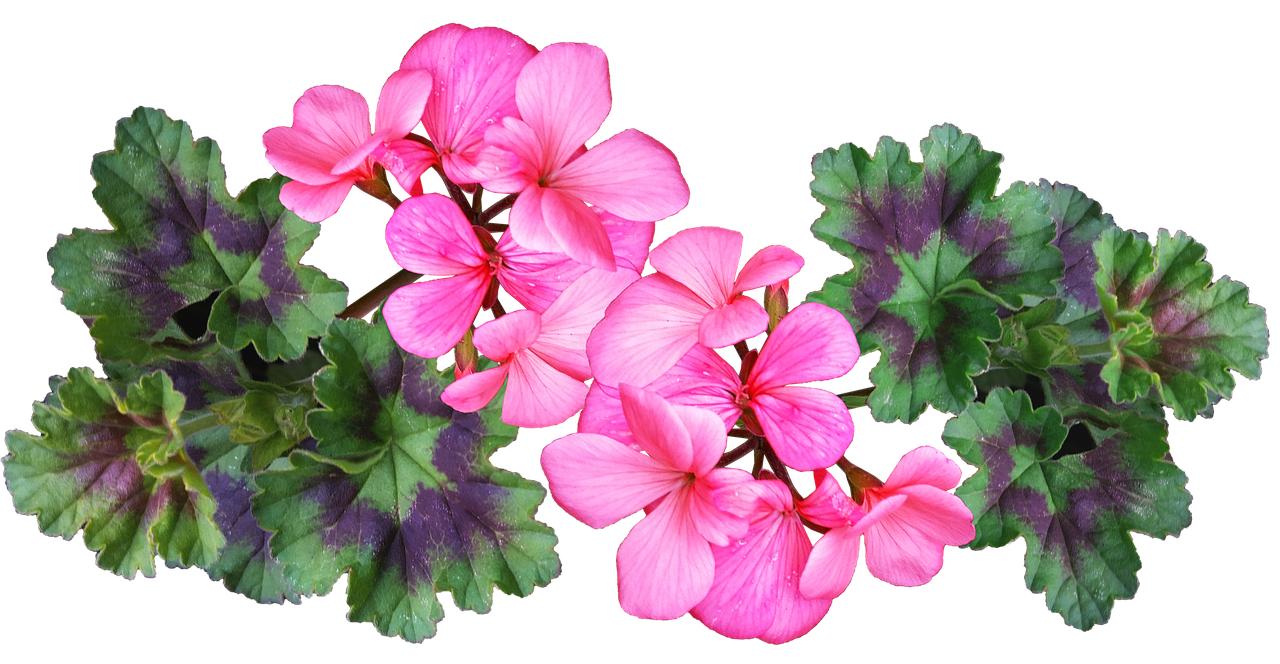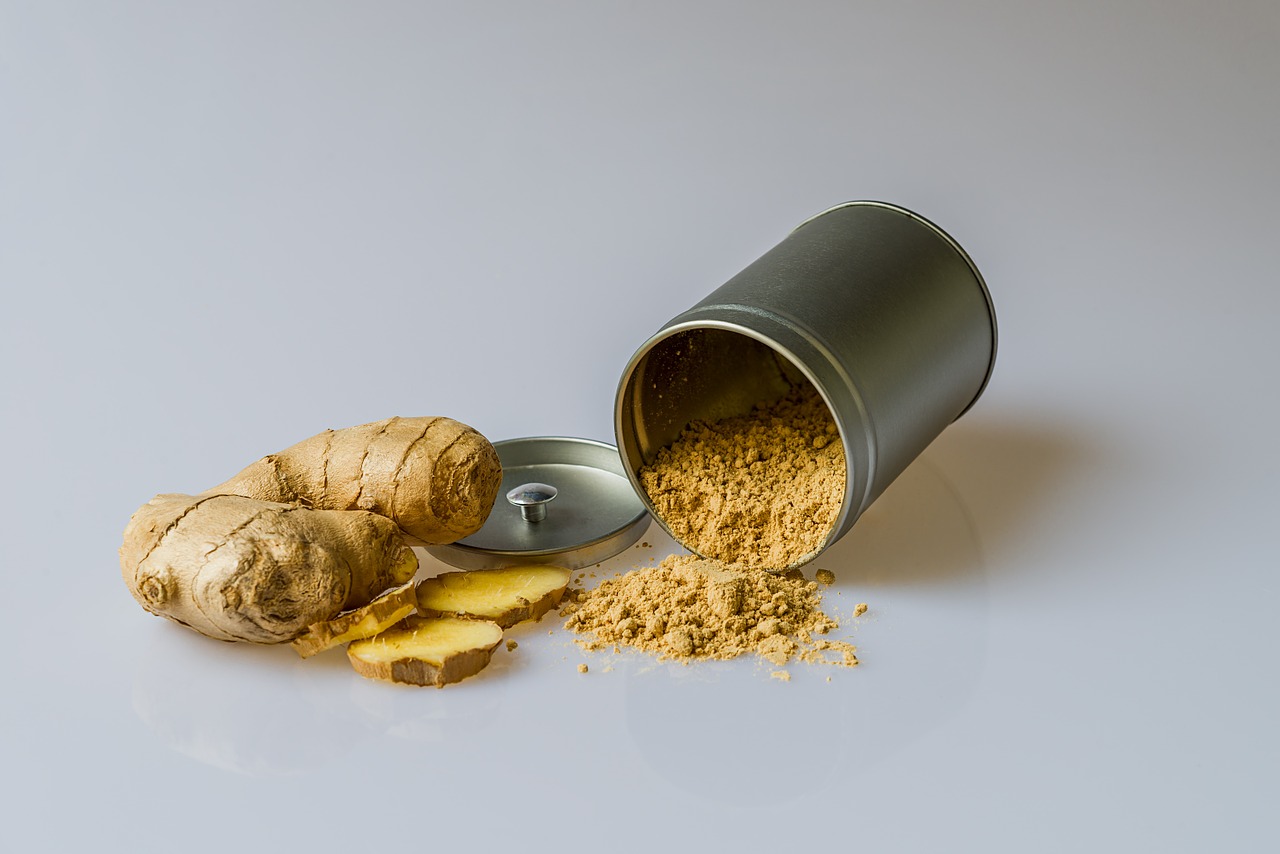
Scientists Isolate Fungi That Can Boost Plant Growth Even Under Less Water Conditions
- News
- 2.4K
Scientists at the Bharathiar University engaged in studying the ecology of soil microbes that colonize plant roots, have isolated a fungi that can enhance plant growth even in water deficit conditions.
Numerous types of soil microbes colonize plant roots. Among them, Arbuscular Mycorrhiza (AM) are predominant and they are well-known for mobilizing soil nutrients, particularly phosphorous. Of many of soil microorganisms that are found associated with the plant roots, some may be disease-causing pathogens too. Sometimes two groups of soil microorganisms can be found in the same plant roots.
Researchers examined this phenomenon in the roots of tomato plants that hosts both Arbuscular Mycorrhiza and a dark septate endophytic fungus.
Endophytic fungi live inside the plant tissue symbiotically. The researchers have identified this endophytic fungus as Nectria haematococca. The melanin pigment produced by the fungus gives its characteristic dark color and hence it is called Dark Septate Endophytic Fungi.
The researchers cultured this fungus in the lab and subsequently assessed its role in promoting plant growth in water deficit conditions. They maintained two sets of potted tomato plants, one set treated with fungus inoculum and another set without any treatment. They used field soil as such in the experiment, so as to ensure that native soil microorganisms can still colonize the plants. They induced water deficit condition by restricted watering to the plants.
After eight weeks, the team measured the plant height, stem thickness, leaf area, biomass and proline content. The level of proline content directly corresponds to the abiotic stress tolerance level.
The team recorded better growth parameters and higher proline concentration in the potted tomato plants treated with N. haematococca culture. Simultaneously, they examined the roots under microscope, which revealed that colonization of dark septate endophytic fungi did not inhibit native arbuscular mycorrhizal colonization. Scientists believe that secondary metabolite production in plants due to endophytic fungi colonization did promote plant growth.
Speaking on the scope of taking this research output to the field, Dr T. Muthukumar says “we have done preliminary studies on development of user-friendly carrier-based formulations ready for use in fields. This would benefit 29% of non-mycorrhizal vascular plant species which includes a large number of crops in the cabbage family. We are working on a bioformulation involving elite fungal strains that could be used for a wide range of crop and forestry species”.
Both arbuscular mycorrhiza and dark septate endophytic fungi occupy the same niche within the roots, although arbuscular mycorrhiza is more abundant than endophytic fungi in roots of tropical plant species. Nevertheless, dark septate endophytic fungi have certain advantages in addition to the production of phytohormones. Researchers believe dark septate endophytic fungi may act as a backup system to help plants under conditions where AM fungi may be nonfunctional.
The research findings have been published in Indian Journal of Microbiology and the team included Piramanagayam Prema, Sundara Valli and Dr T. Muthukumar from the Root and Soil Biology Lab of Bharathiar University, Coimbatore. (India Science Wire)
By S Suresh Ramanan
Journal Article
If you liked this article, then please subscribe to our YouTube Channel for the latest Science & Tech news. You can also find us on Twitter & Facebook.


